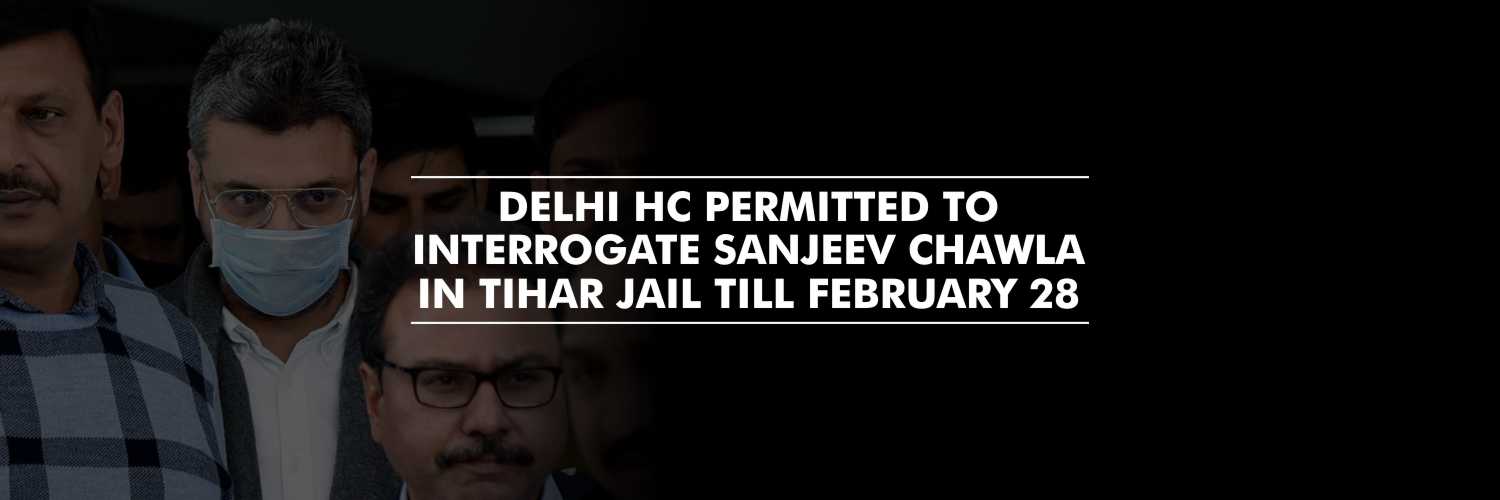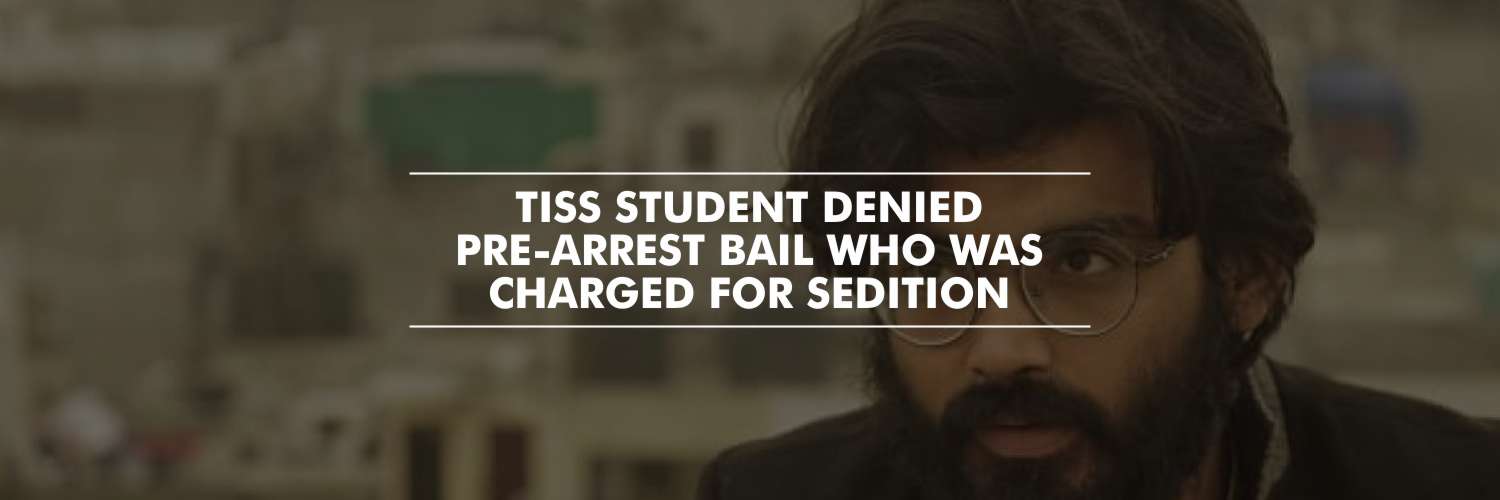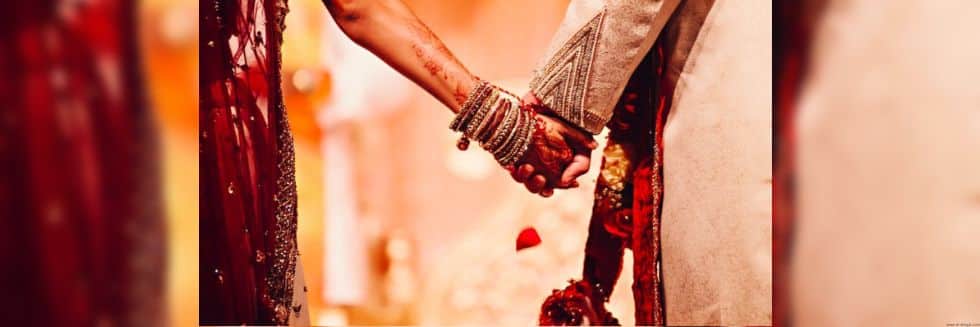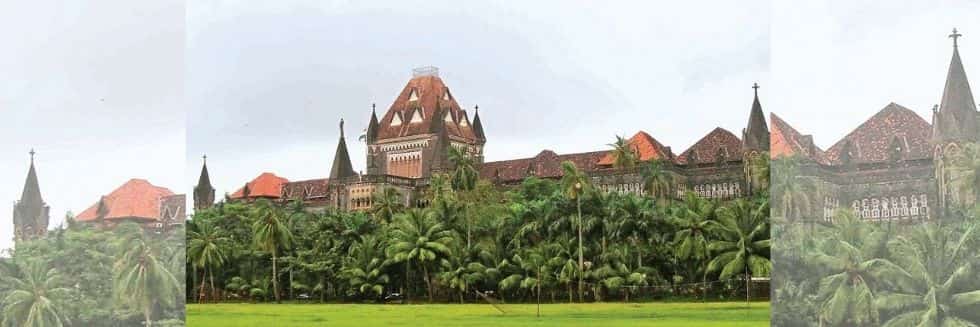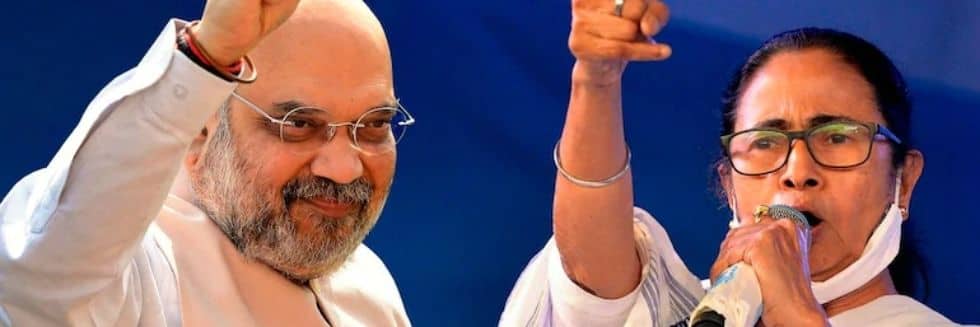The Delhi High Court on 20 February allowed the Crime Branch of Delhi Police to interrogate the cricket bookie, Sanjeev Chawla inside the Tihar jail till 28 February.
The bench headed by Justice Anu Malhotra while hearing the plea filed by Chawla, who challenged his 12-days custodial remand, stated that he will remain lodged in Tihar Jail during the trial and conviction, if any, as per the assurance given by the Indian government to the foreign authorities. The bench also directed the authorities to conduct the interrogation till February 28, after which, the period of his arrest would come to an end and held that no further permission to interrogate him in relation to this case can be granted.
The court further stated to the Delhi Police to ensure that Chawla is treated with dignity during the course of the investigation and the interrogation.
Earlier, on 20 February, the Ministry of Home Affairs informed the court that for the purpose of a fair trial, Chawla, who has been facing the charges of cheating and criminal conspiracy under the Indian Penal Code, has to be confronted with the evidence gathered against him to ‘unearth’ the conspiracy and identify the other persons involved.
Chawla was accused in one of the cricket’s biggest match-fixing scandals, for allegedly playing a central role in conspiring with late South African captain, Hansie Cronje to fix the South African tour of India in February-March 2000. He was extradited from the UK, last week, after the British Home Secretary Sajid Javid passed an order to this effect. Later, he was sent to police custody by the Additional Chief Metropolitan Magistrate, Sudhir Kumar Sirohi. On 14 February, he got interim relief from custodial interrogation when the high court had sent him to Tihar Jail till further orders.
Chawla approached the High Court claiming that his police custody was wholly illegal and unlawful. Through his counsel, he challenged the custodial remand, on the grounds that it was against the extradition treaty signed between the United Kingdom and India.
